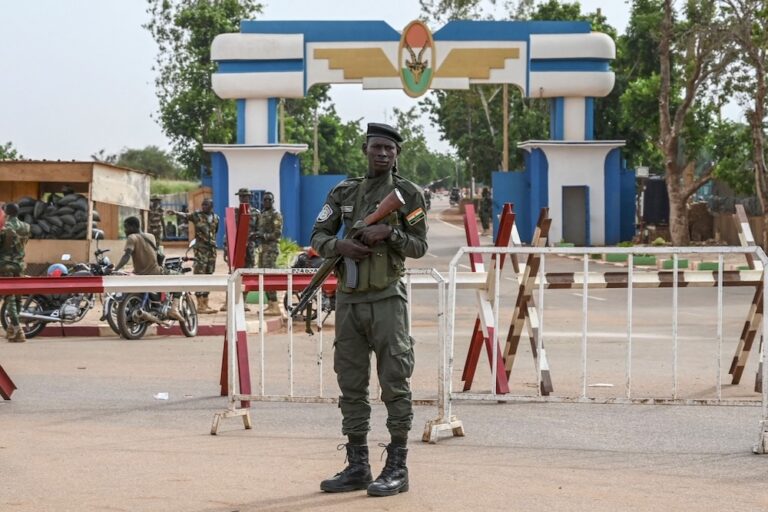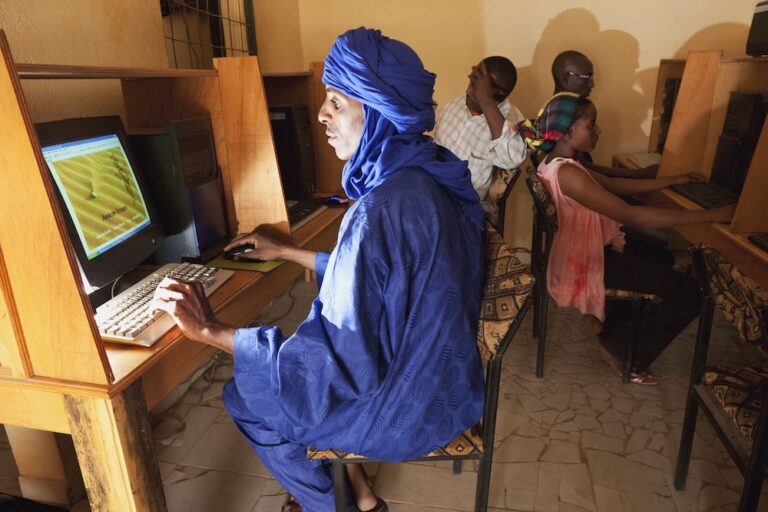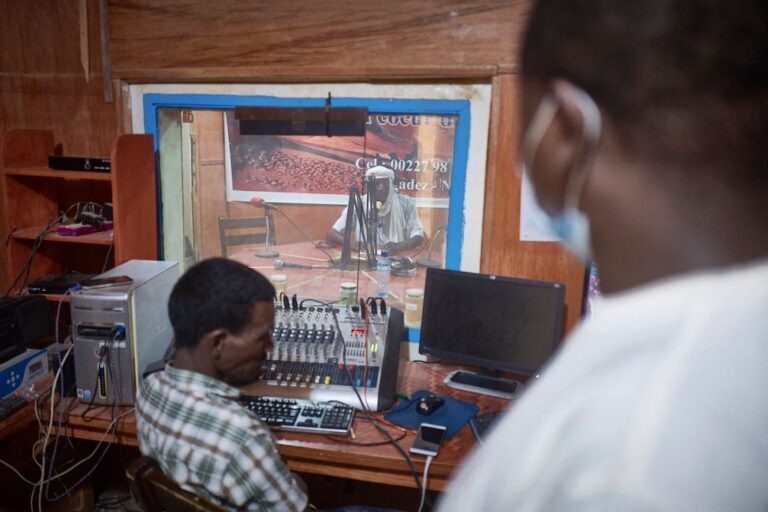Both Mahamadou Issoufou of the Social Democratic Party and Seini Oumarou of the National Movement for a Developing Society have committed to promoting freedom of expression and review existing media laws if elected.
(WAN-IFRA/IFEX) – Paris, France and Darmstadt, Germany, 12 March 2011 – The World Association of Newspapers and News Publishers (WAN-IFRA) and the World Editors Forum have welcomed the commitment of Niger’s presidential
candidates to promote freedom of expression and review media legislation if elected.
Ahead of the 12 March presidential election, both Mahamadou Issoufou of the Social Democratic Party and Seini Oumarou of the National Movement for a Developing Society have endorsed the Declaration of Table Mountain, thus
committing to promote freedom of expression and review existing media laws if elected.
The Declaration of Table Mountain, adopted by the World Association of Newspapers and News Publishers (WAN-IFRA) and the World Editors Forum meeting in Cape Town, South Africa, in 2007, is an earnest appeal to all Africans, particularly those in power, to recognise that the political and economic progress they seek flourishes in a climate where the press is free and independent of governmental, political or economic control.
The Declaration calls for the repeal of insult and criminal defamation laws and setting a free press higher on the agenda.
“WAN-IFRA welcomes the commitment taken by the two presidential candidates in Niger to promote press freedom in their country. By endorsing the principles of the Declaration, both candidates pledge to an agenda of media
reform to ensure Niger meets the highest standards of press freedom,” said Christoph Riess, CEO of WAN-IFRA.
“WAN-IFRA, along with The African Editors Forum and Niger’s Maison de la Presse, is committed to support the new president and all other stakeholders in making the media reform process in Niger a priority”, Mr Riess added.
Through the Declaration, WAN-IFRA has stated its conviction that Africa urgently needs a strong, free and independent press to act as a watchdog over public institutions, a crucial role that the press is hindered from and punished for playing, by the widespread resort to ‘insult laws’ and criminal defamation, in particular.


